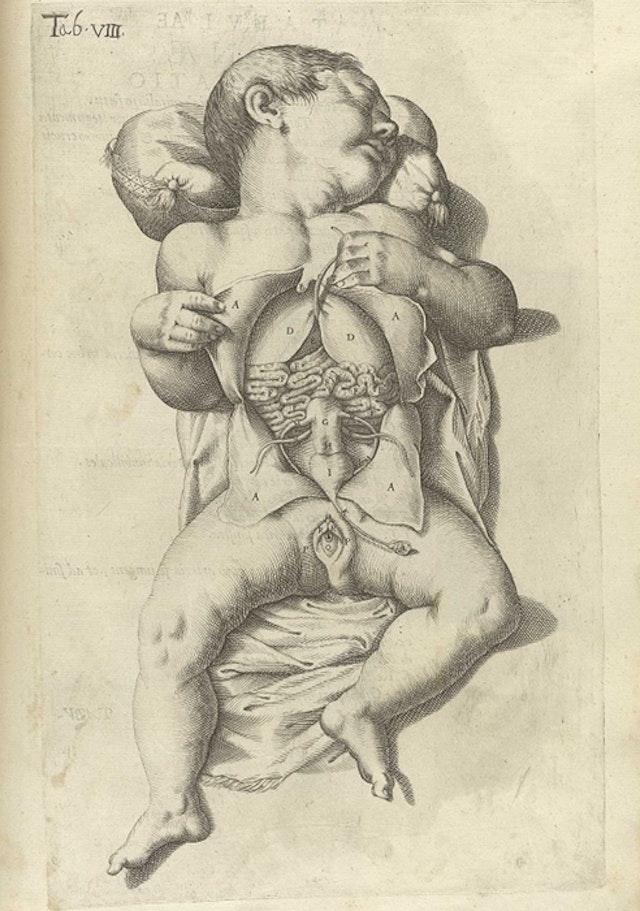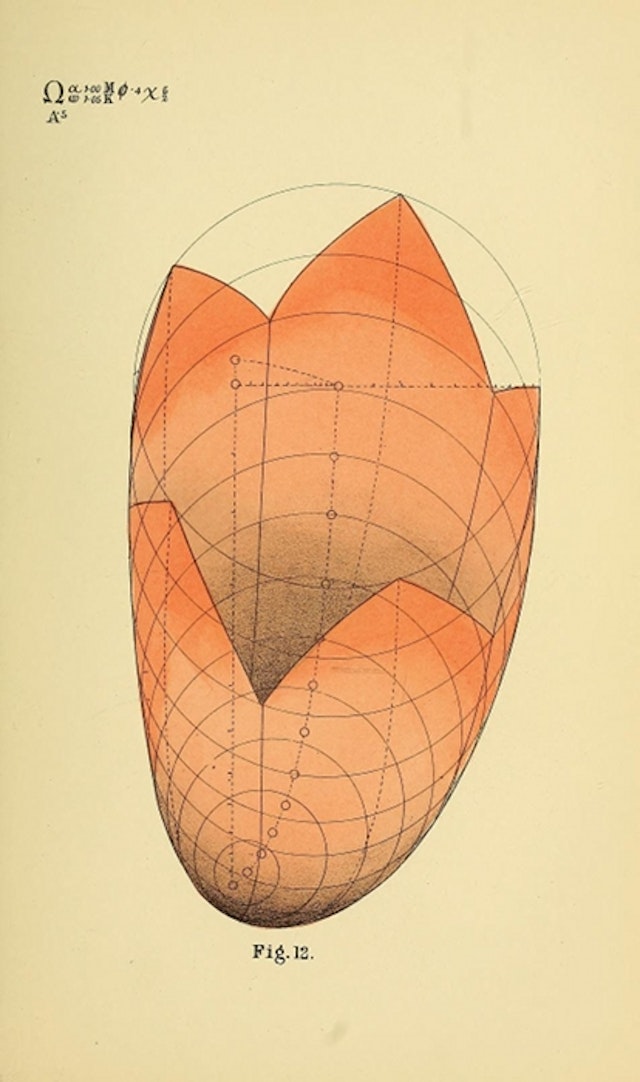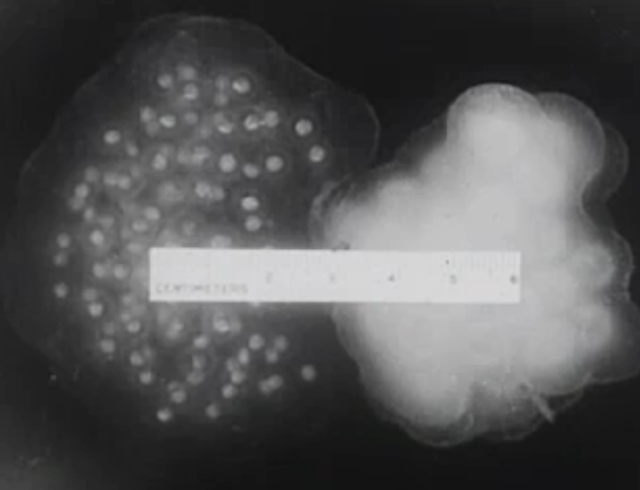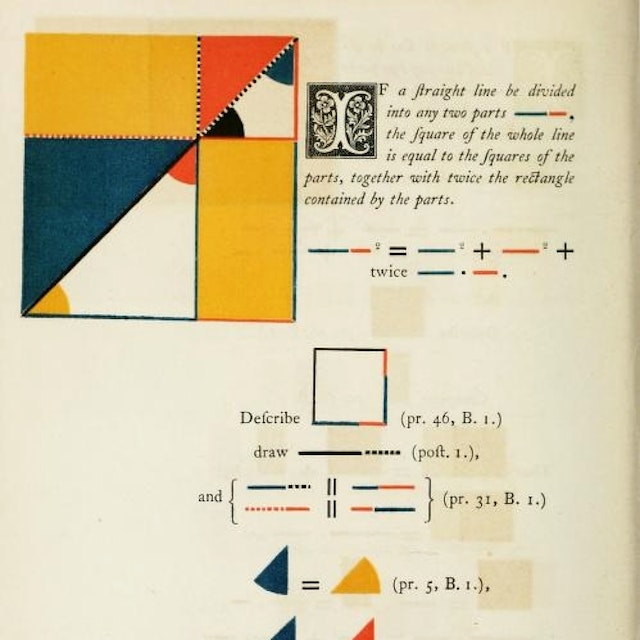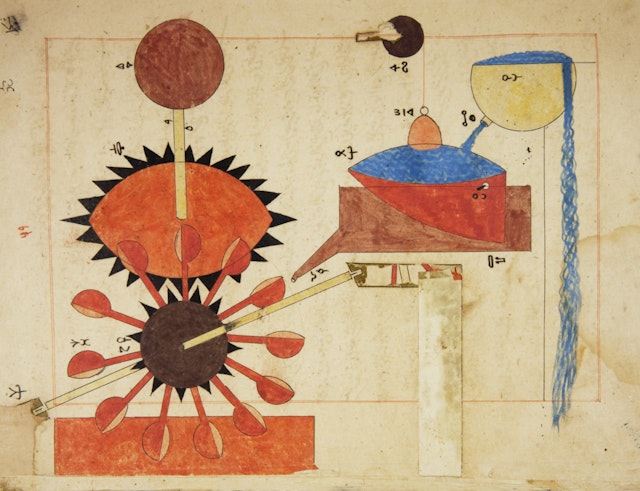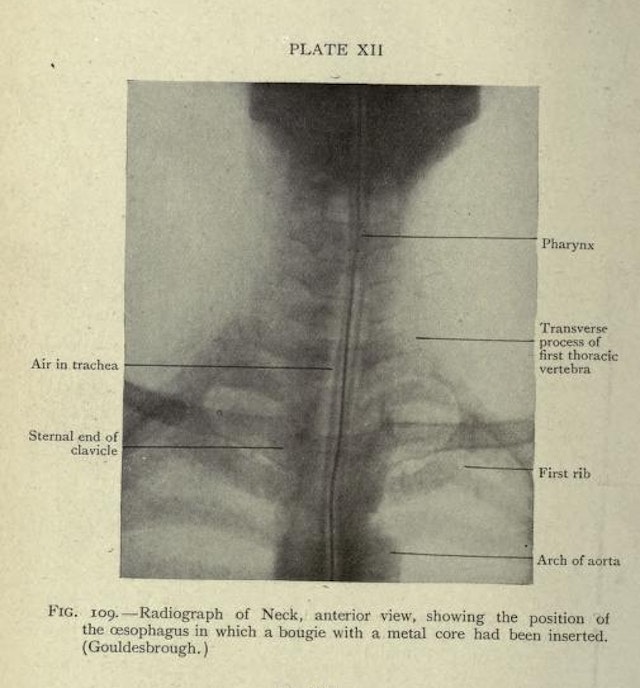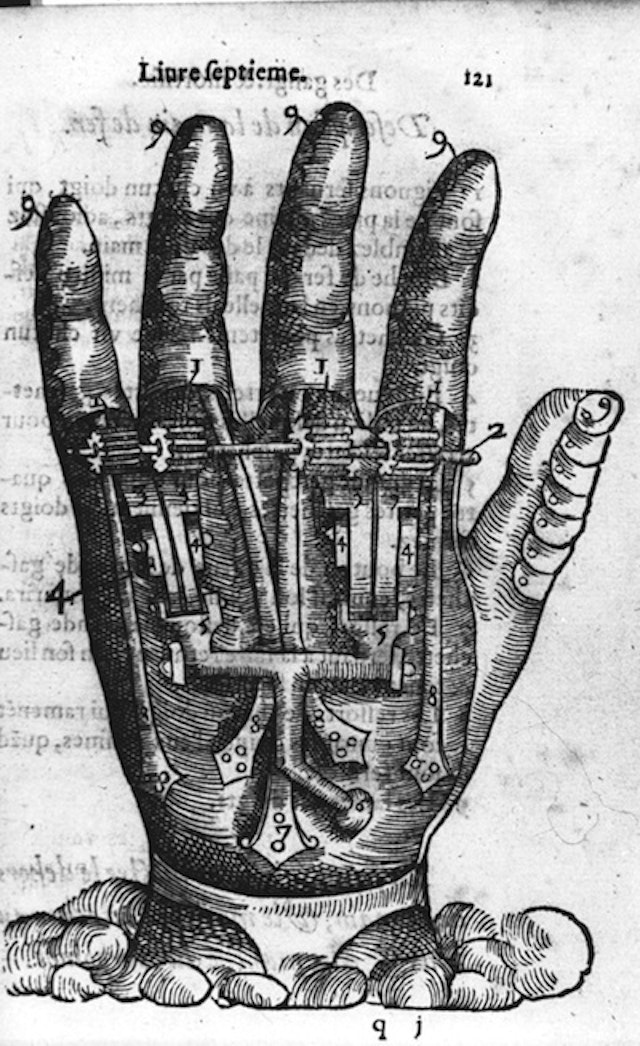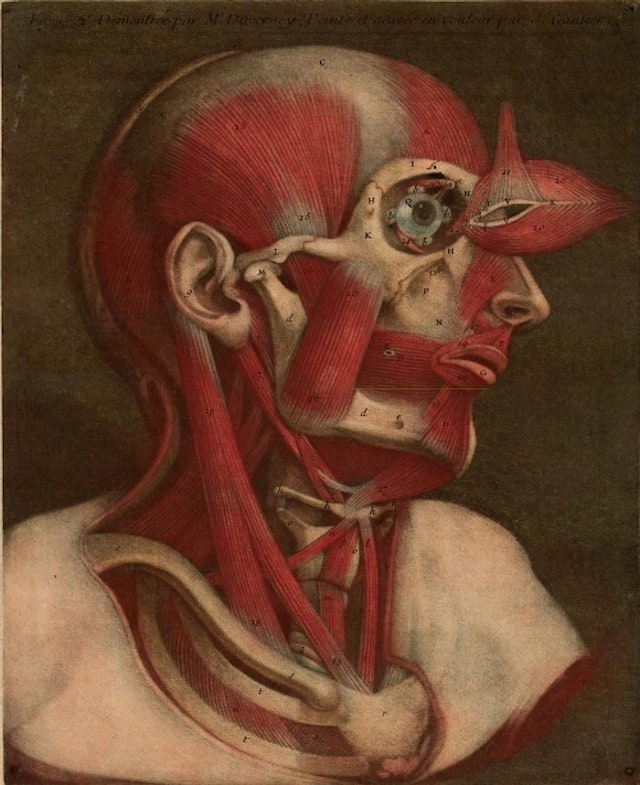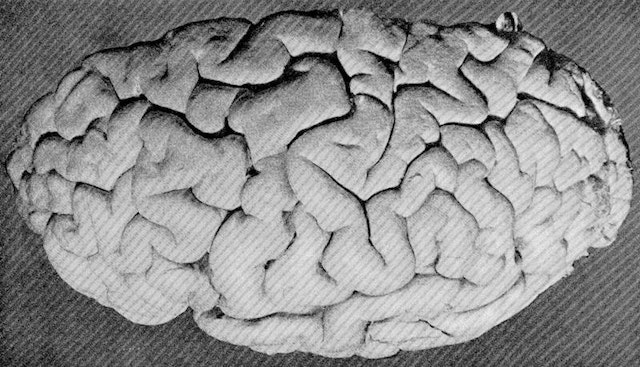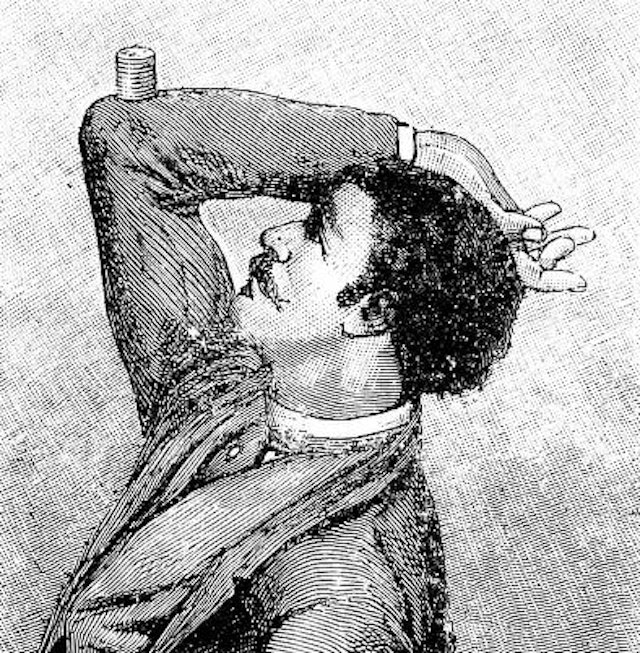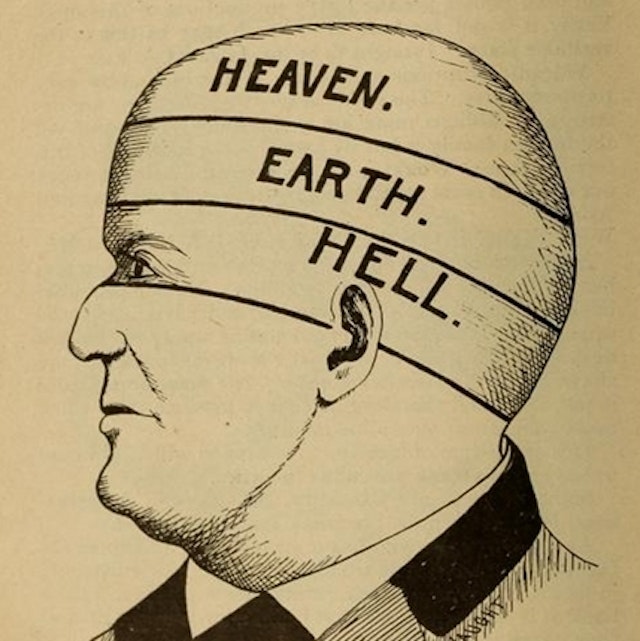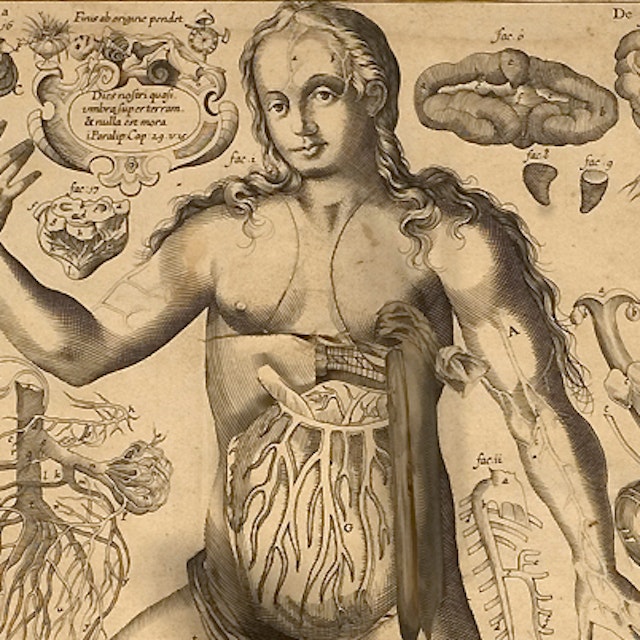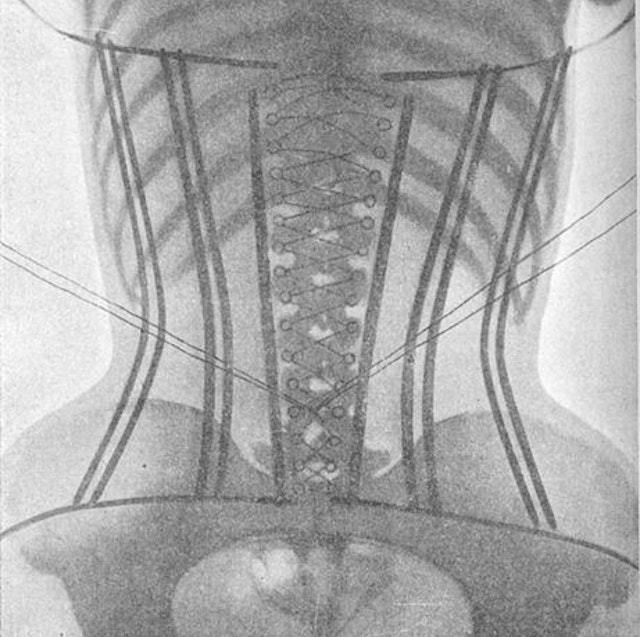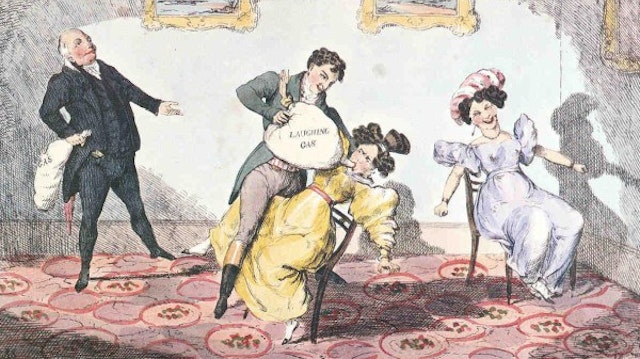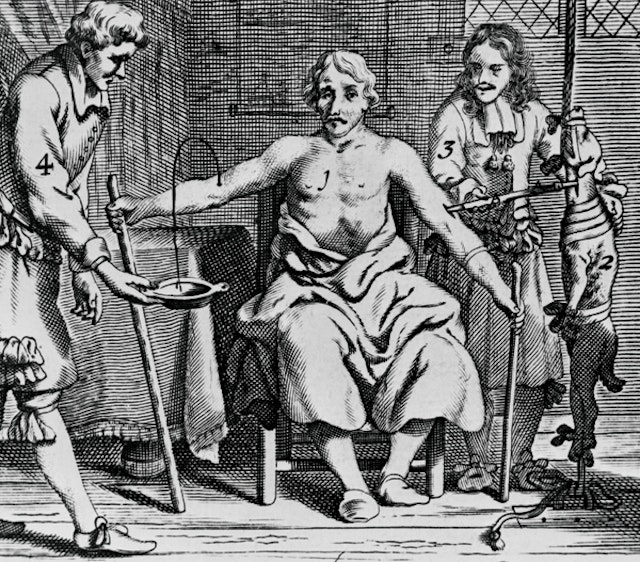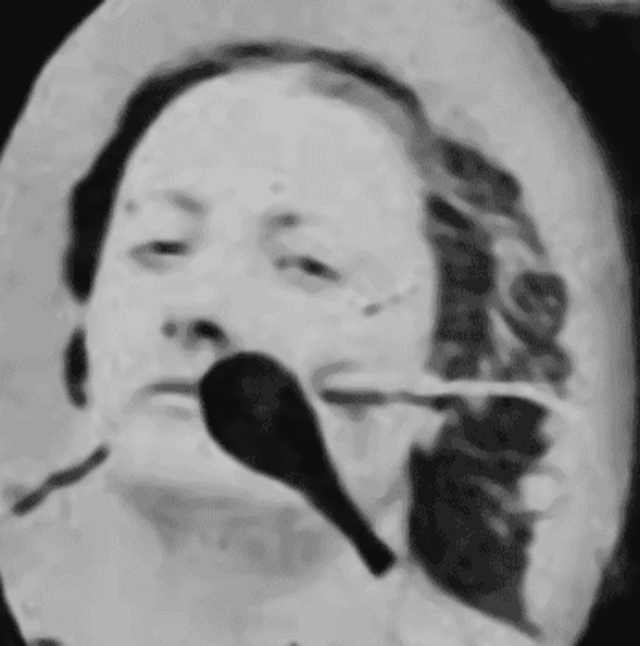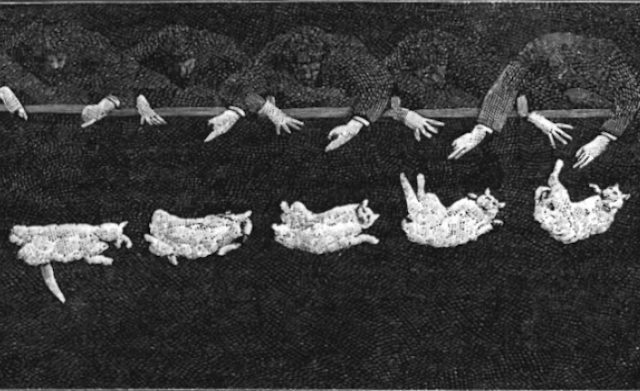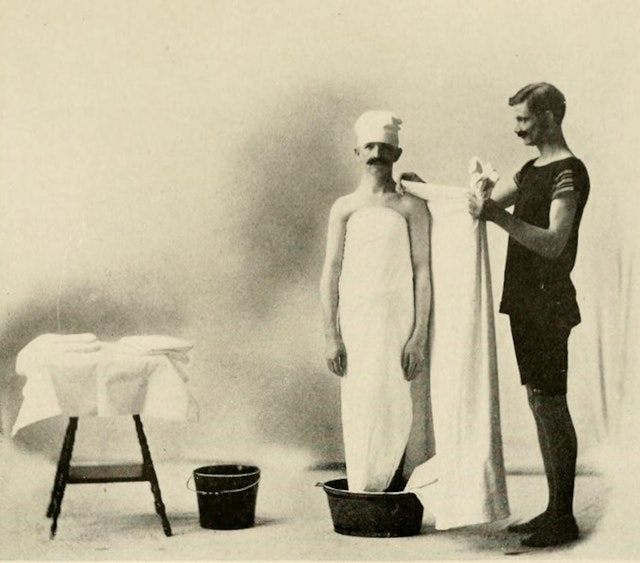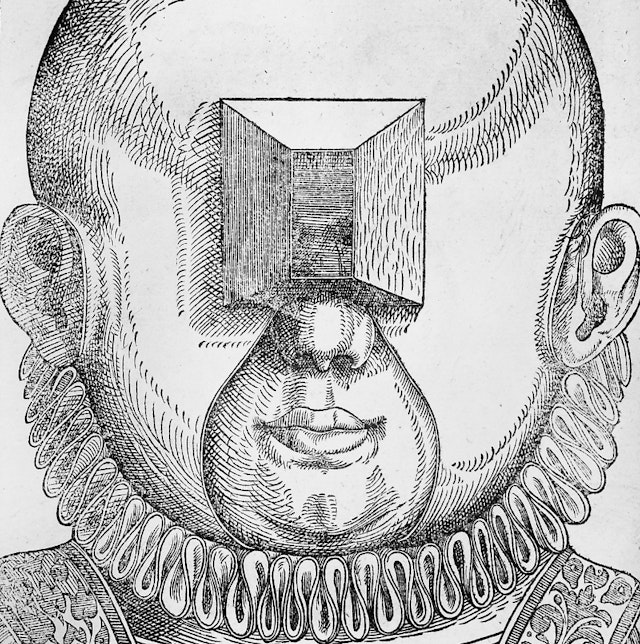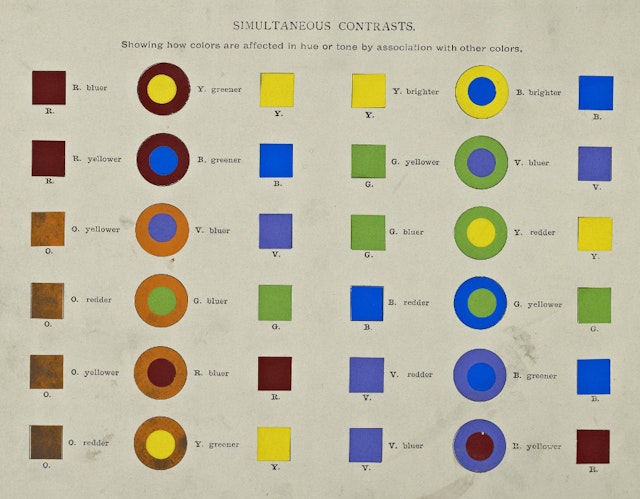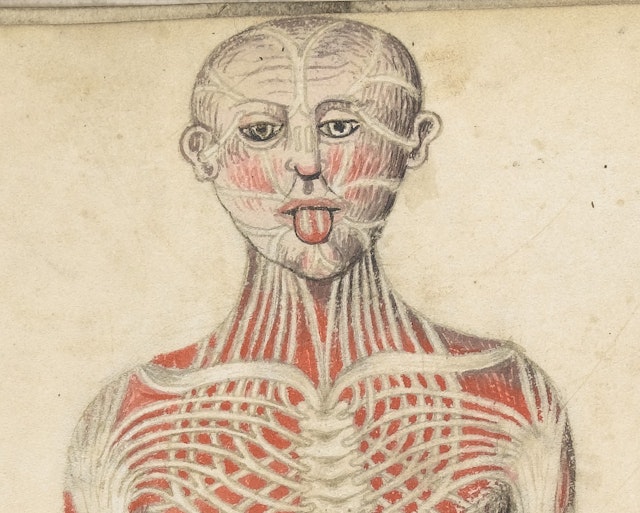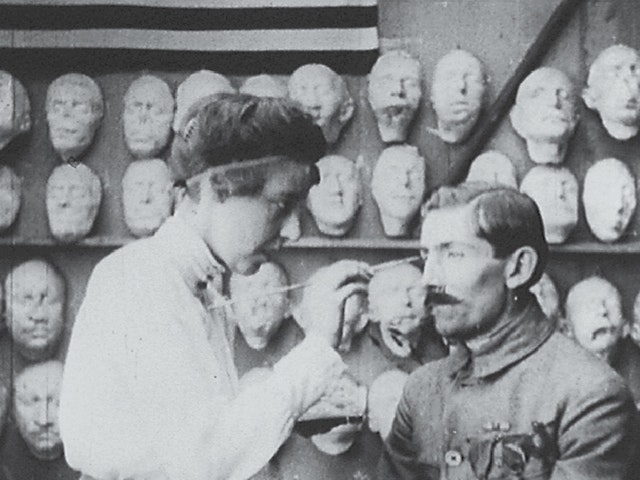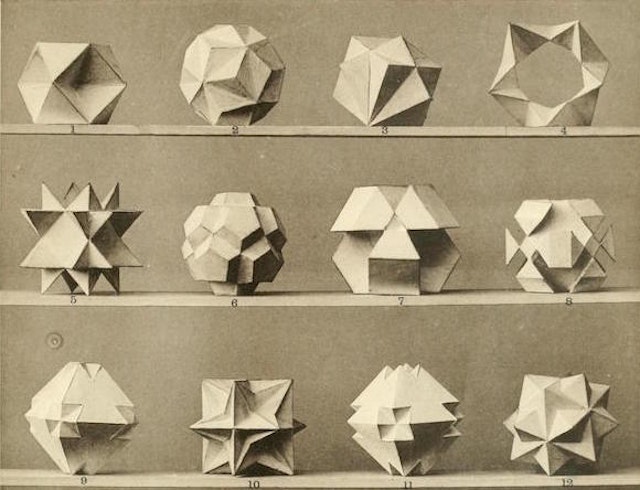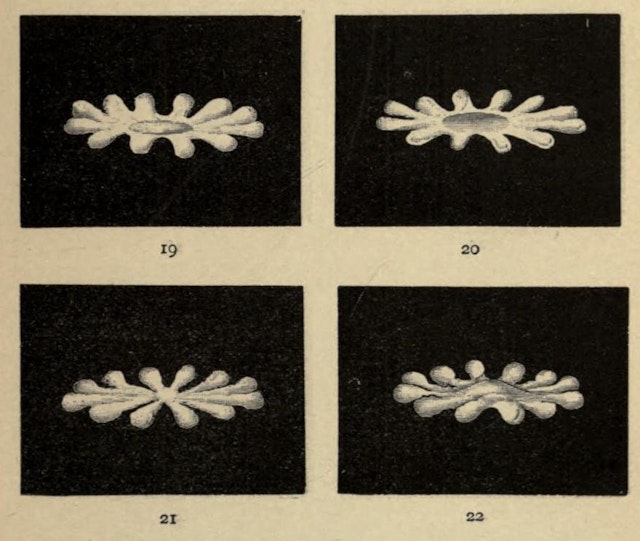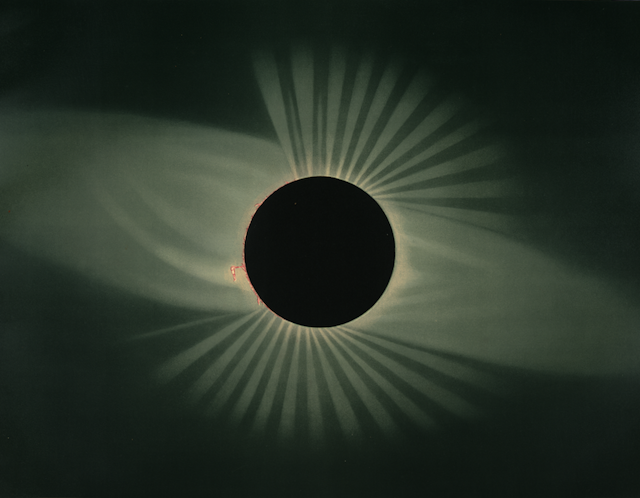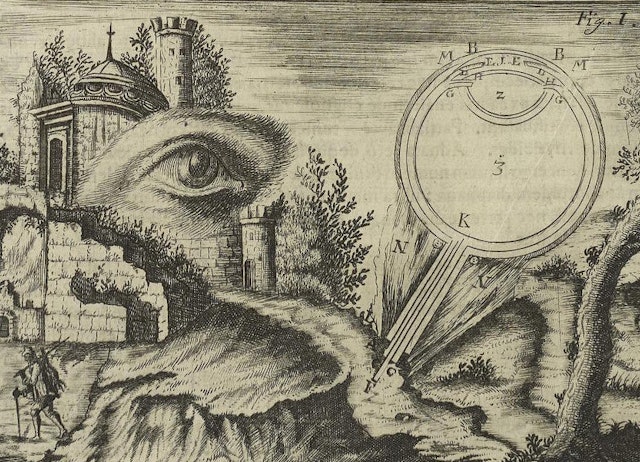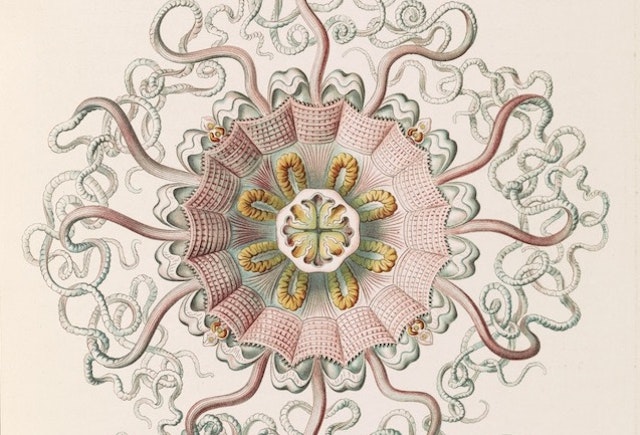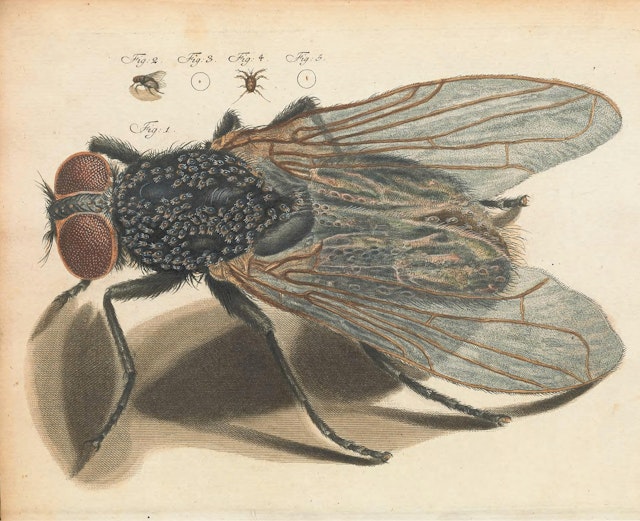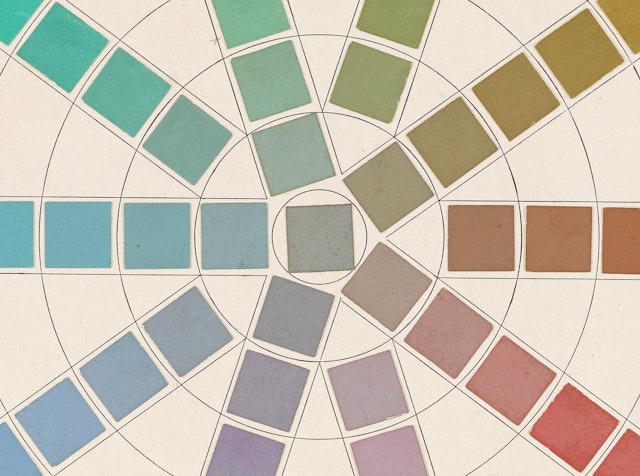
best of science
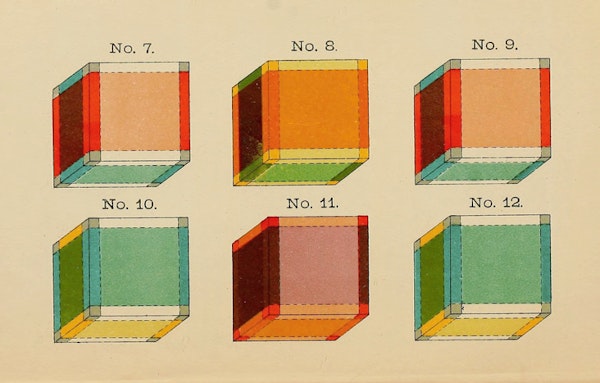
Hyperspace, ghosts, and colourful cubes — Jon Crabb on the work of Charles Howard Hinton and the cultural history of higher dimensions. more
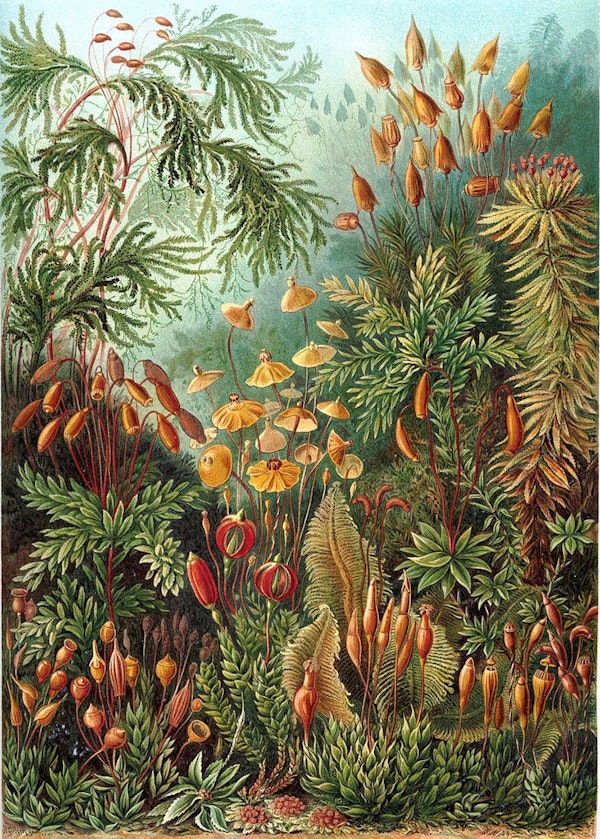
Richard Spruce and the Trials of Victorian Bryology
Obsessed with the smallest and seemingly least exciting of plants — mosses and liverworts — the 19th-century botanist Richard Spruce never achieved the fame of his more popularist contemporaries. Elaine Ayers explores the work of this unsung hero of Victorian plant science and how his complexities echoed the very subject of his study. more
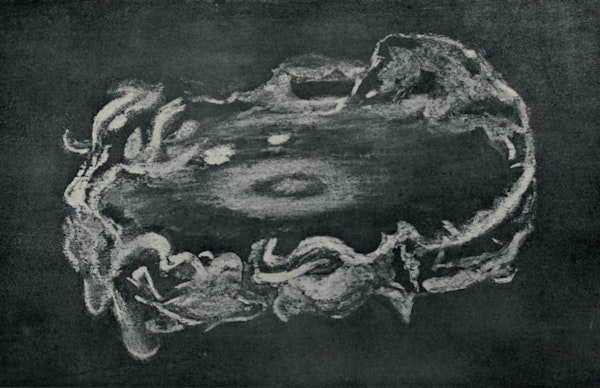
At the end of the 19th century, inspired by radical advances in technology, physicists asserted the reality of invisible worlds — an idea through which they sought to address not only psychic phenomena such as telepathy, but also spiritual questions around the soul and immortality. Philip Ball explores this fascinating history, and how in this turn to the unseen in the face of mystery there exists a parallel to quantum physics today. more

Frolicsome Engines: The Long Prehistory of Artificial Intelligence
Defecating ducks, talking busts, and mechanised Christs — Jessica Riskin on the wonderful history of automata, machines built to mimic the processes of intelligent life. more
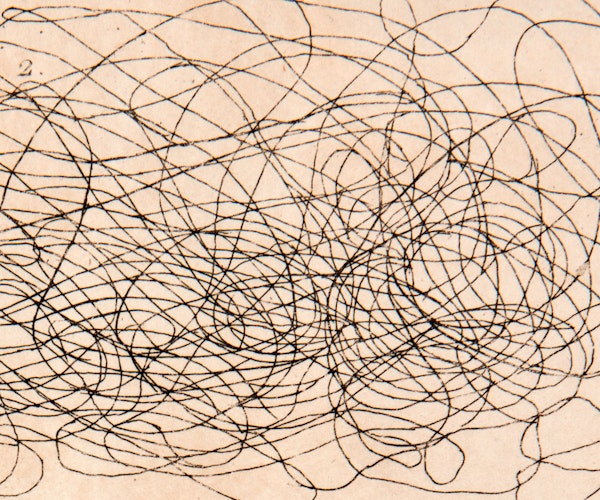
Visions of Algae in Eighteenth-Century Botany
Although not normally considered the most glamorous of Mother Nature's offerings, algae has found itself at the heart of many a key moment in the last few hundred years of botanical science. Ryan Feigenbaum traces the surprising history of one particular species — Conferva fontinalis — from the vials of Joseph Priestley's laboratory to its possible role as inspiration for Shelley's Frankenstein. more
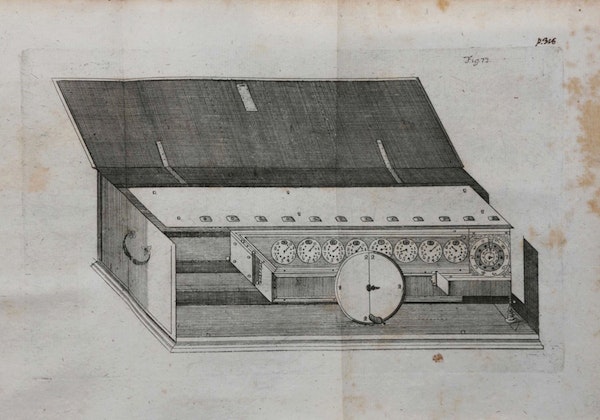
“Let us Calculate!”: Leibniz, Llull, and the Computational Imagination
Three hundred years after the death of Gottfried Wilhelm Leibniz and seven hundred years after the death of Ramon Llull, Jonathan Gray looks at how their early visions of computation and the “combinatorial art” speak to our own age of data, algorithms, and artificial intelligence. more
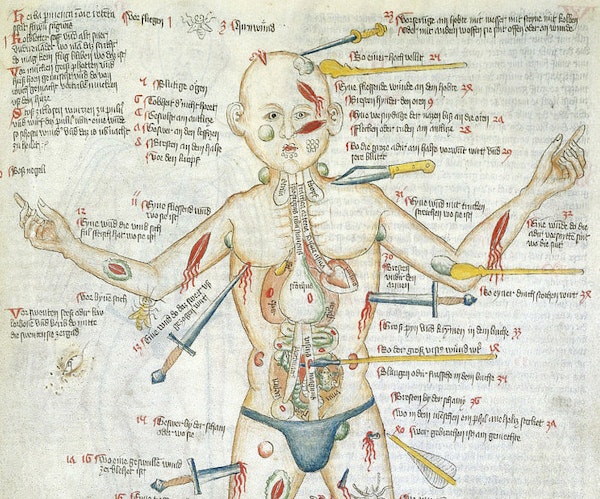
The Many Lives of the Medieval Wound Man
Sliced, stabbed, punctured, bleeding, harassed on all sides by various weaponry, the curious image of Wound Man is a rare yet intriguing presence in the world of medieval and early modern medical manuscripts. Jack Hartnell explores this enigmatic figure's journey through the centuries. more
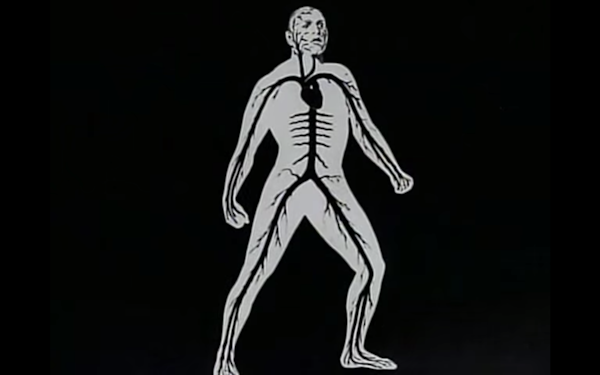
Jacob Sarnoff and the Strange World of Anatomical Filmmaking
US NATIONAL LIBRARY OF MEDICINE - Miriam Posner on what led a 1920s Brooklyn surgeon to remove the veins from a day-old infant, mount them on a board, and film them being pumped with air. more


